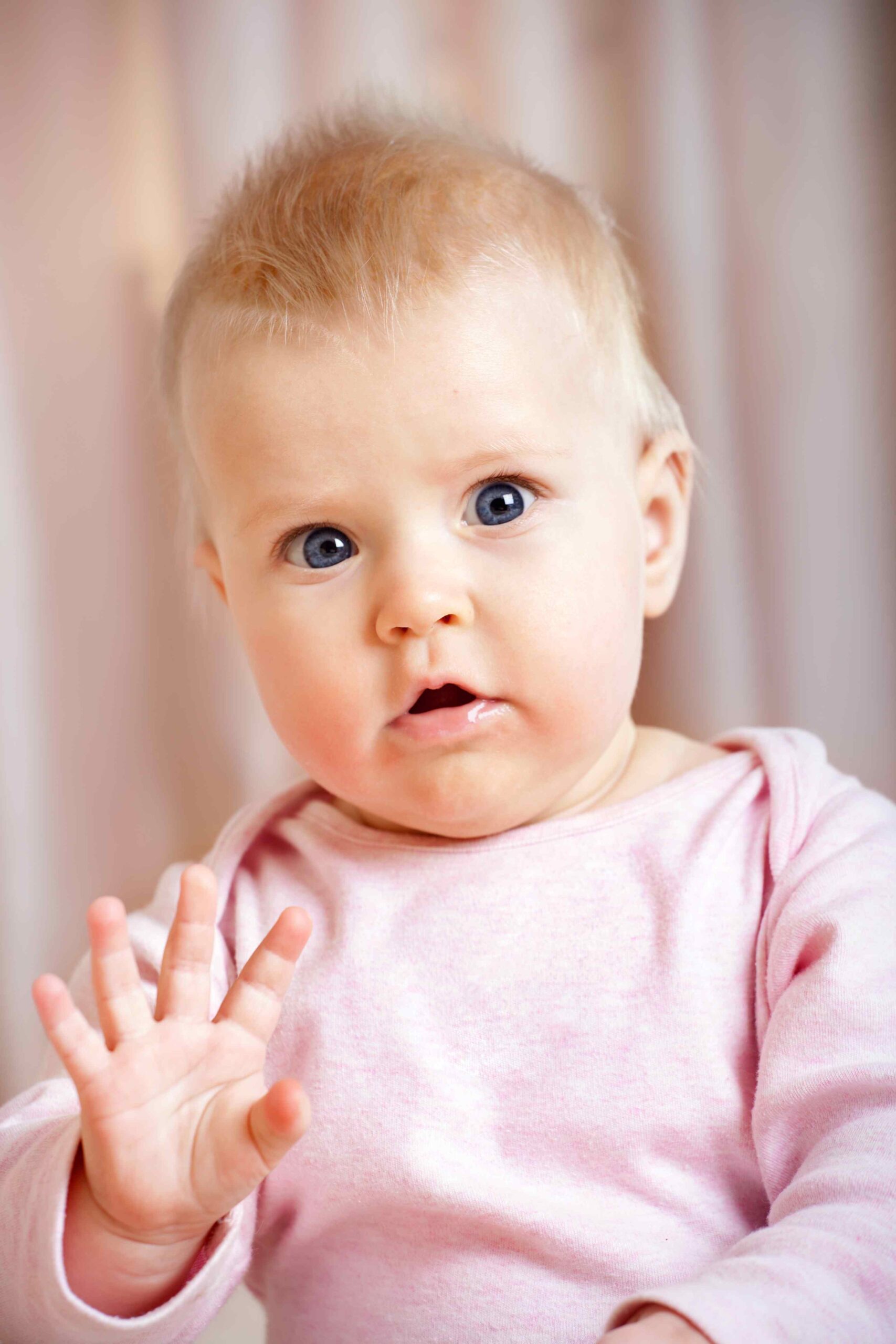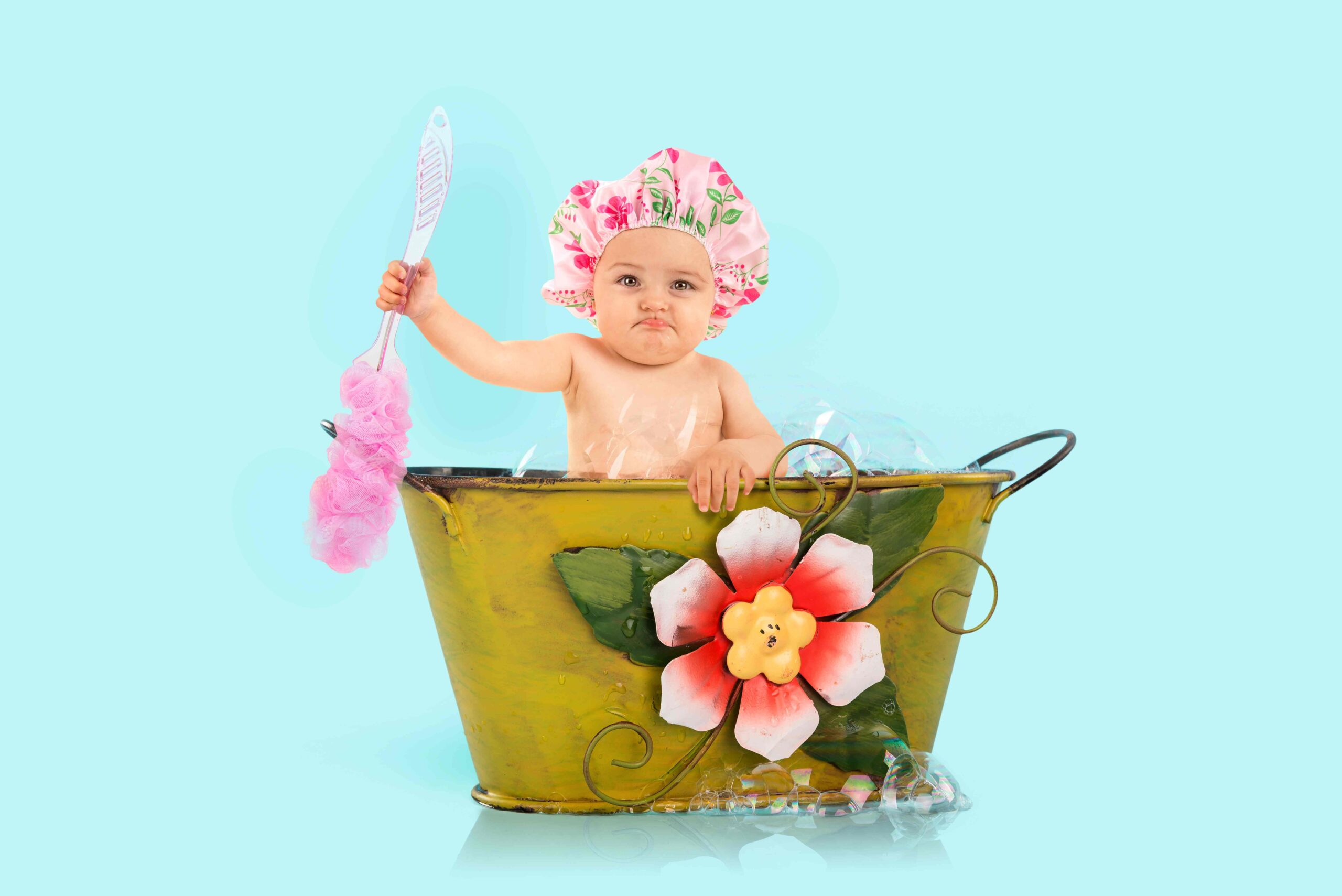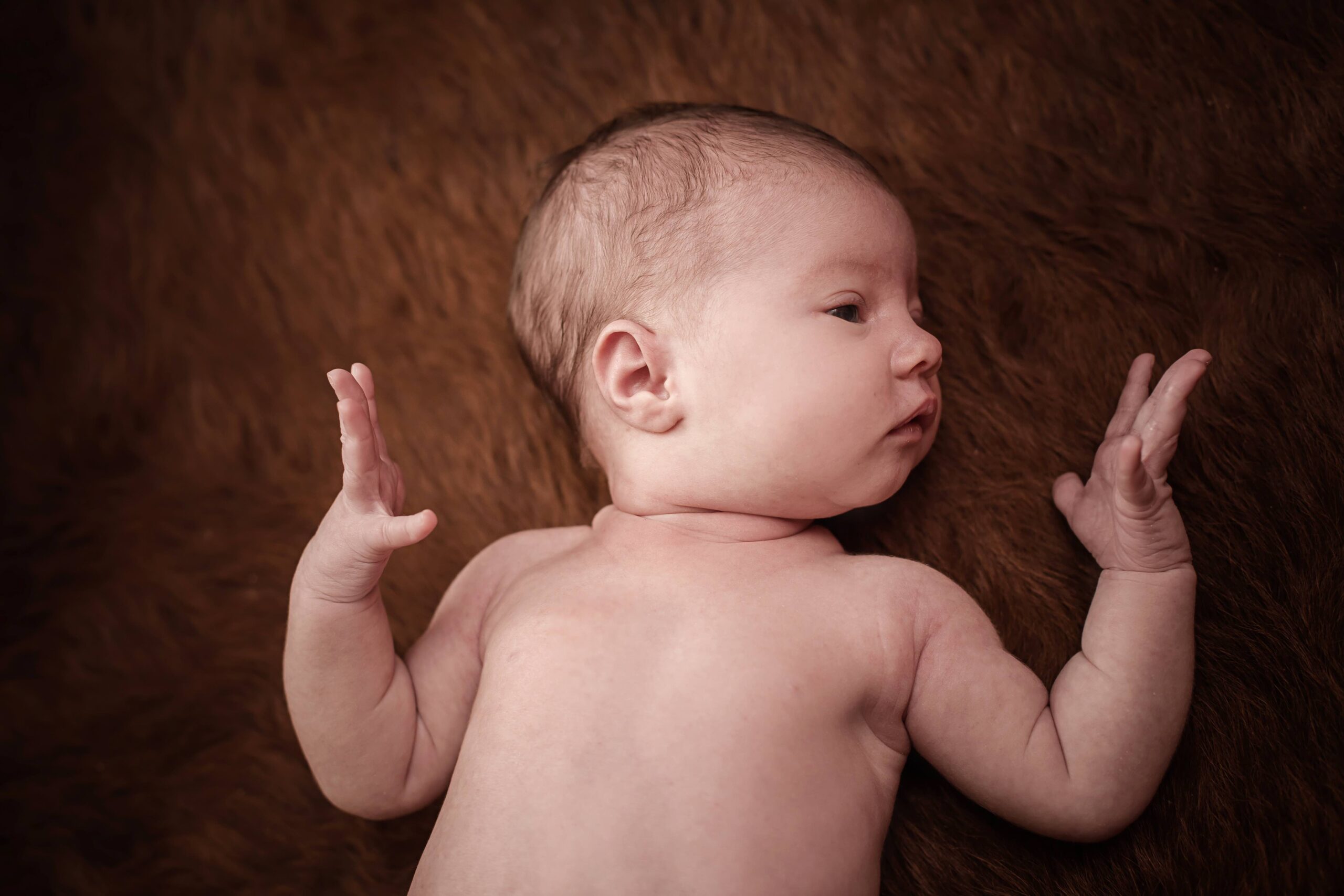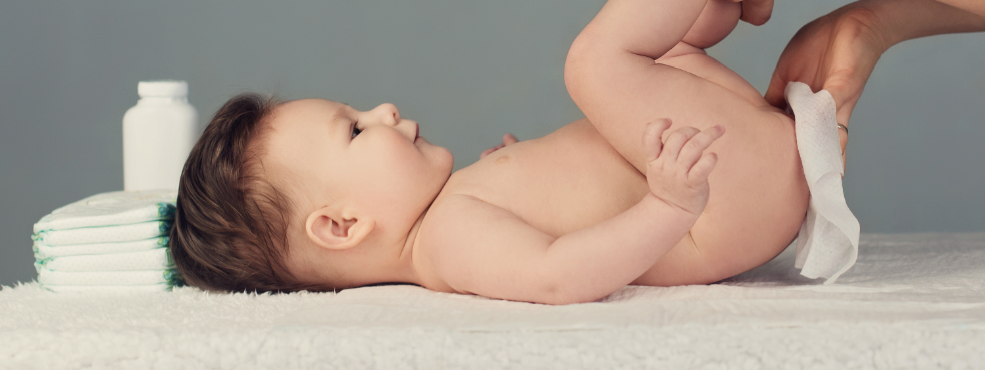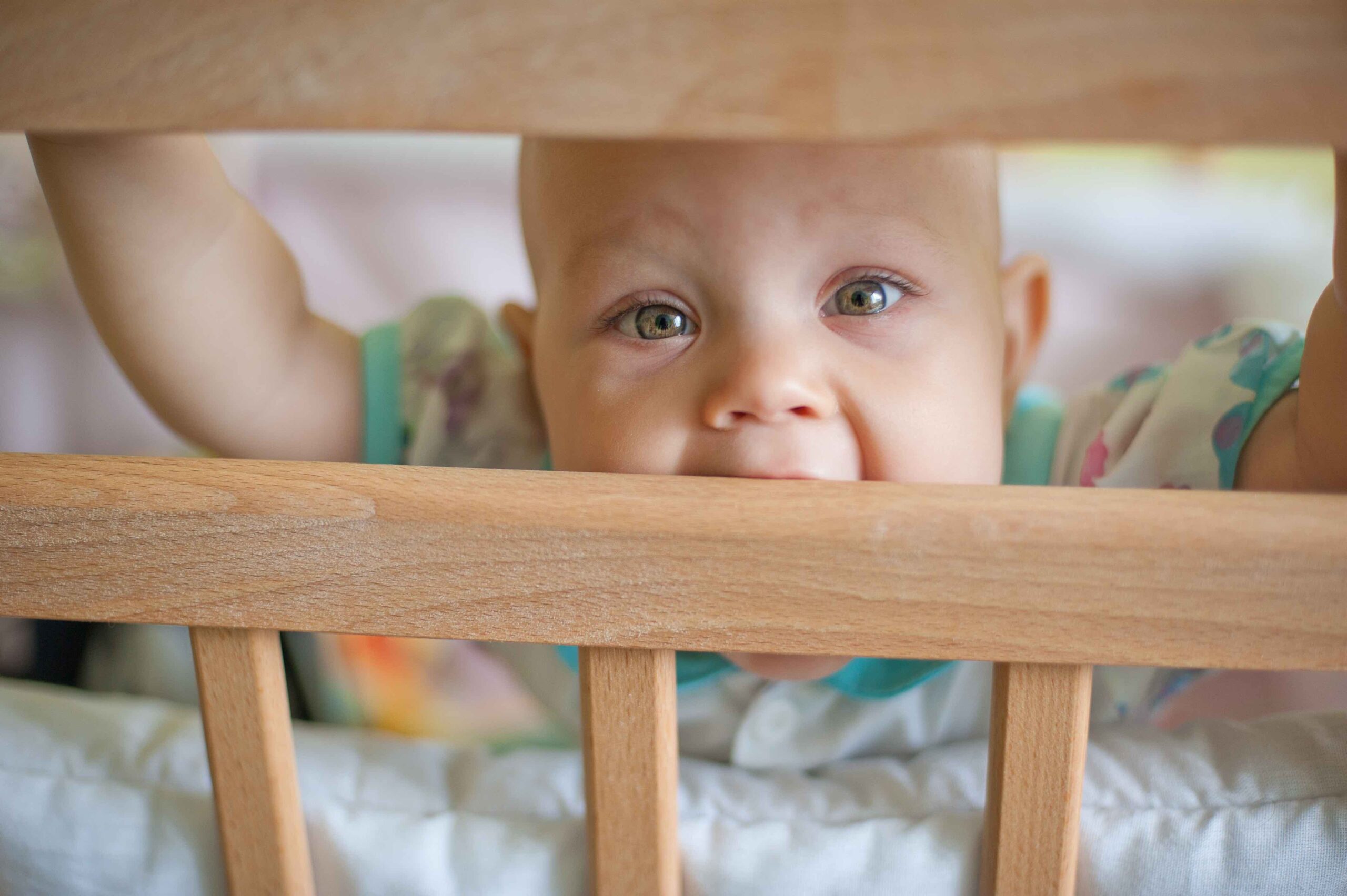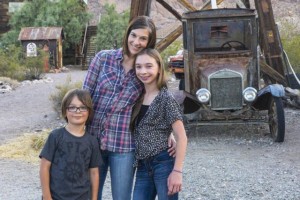Washing your hands isn’t enough. Anyone who will be in close contact with your new baby needs to be vaccinated to prevent transmitting these deadly infections.
Pertussis
Also known as whooping cough, this disease is perhaps the most dangerous and easily preventable. Mom’s doctor will make sure she has the vaccine, and most will recommend the Tdap (Tetanus, Diptheria, and acellular Pertussis) for the other parent. But don’t forget the nanny, grandparents and other children at home. Tdap needs to be updated every 10 years, but some adult doctors will repeat the immunization as early as 2 years from the most recent shot to ensure good protection. And if you can’t remember when you had your last vaccine it is safe to get it again.
If you’re getting pushback from family or friends, blame the doctor. Tell your skeptical brother that your obstetrician or pediatrician insisted on protecting your baby (we don’t mind taking the flack). Or show your family the CDC Vaccine Information sheet that says “anyone having close contact with a baby younger than 12 months” needs the vaccine.
How deadly is whooping cough?
Before the pertussis vaccine was available, 200,000 children were sick and 9,000 died every year. Since the vaccine’s introduction in the 1940s, up to 40,000 people still get whooping cough every year, but we’ve only seen 10-20 deaths a year. Increasing the number of people who are immunized can eliminate pertussis deaths.
Influenza
It’s a good idea to get this vaccine every year. You can’t give a baby an illness that you don’t have. And don’t think you can get away with avoiding the baby if you’re sick. You can be quite contagious the day before you start experiencing symptoms.
Zoster
This vaccine protects against shingles (a re-activation of the chicken pox virus) that causes painful blisters in adults. An adult with shingles can cause chicken pox in unvaccinated babies. Grandparents over age 60 should have this vaccine. Rumors abound that this live-virus vaccine can be contagious, but you do not need to avoid seeing the baby after the vaccine. There has not been a single case of the disease after close contact with someone recently immunized. But there are plenty of cases of babies getting very sick from chicken pox from contact with a grandparent with shingles.
Pneumococcus
The pneumococcal vaccine is recommended for older caregivers and grandparents over age 65. Pneumococcus causes pneumonia, meningitis and blood infection. Babies receive this vaccine starting at 2 months and reach their best immunity when they finish the vaccine series after they turn 1. The best way to protect your newborn is to make sure that they are surrounded by vaccinated people.
Asking your friends and family to check their vaccinations before visiting is one of the most important things you can do to protect the baby. As an added benefit, you may prevent your loved ones from serious diseases they weren’t even aware they were at risk for!

